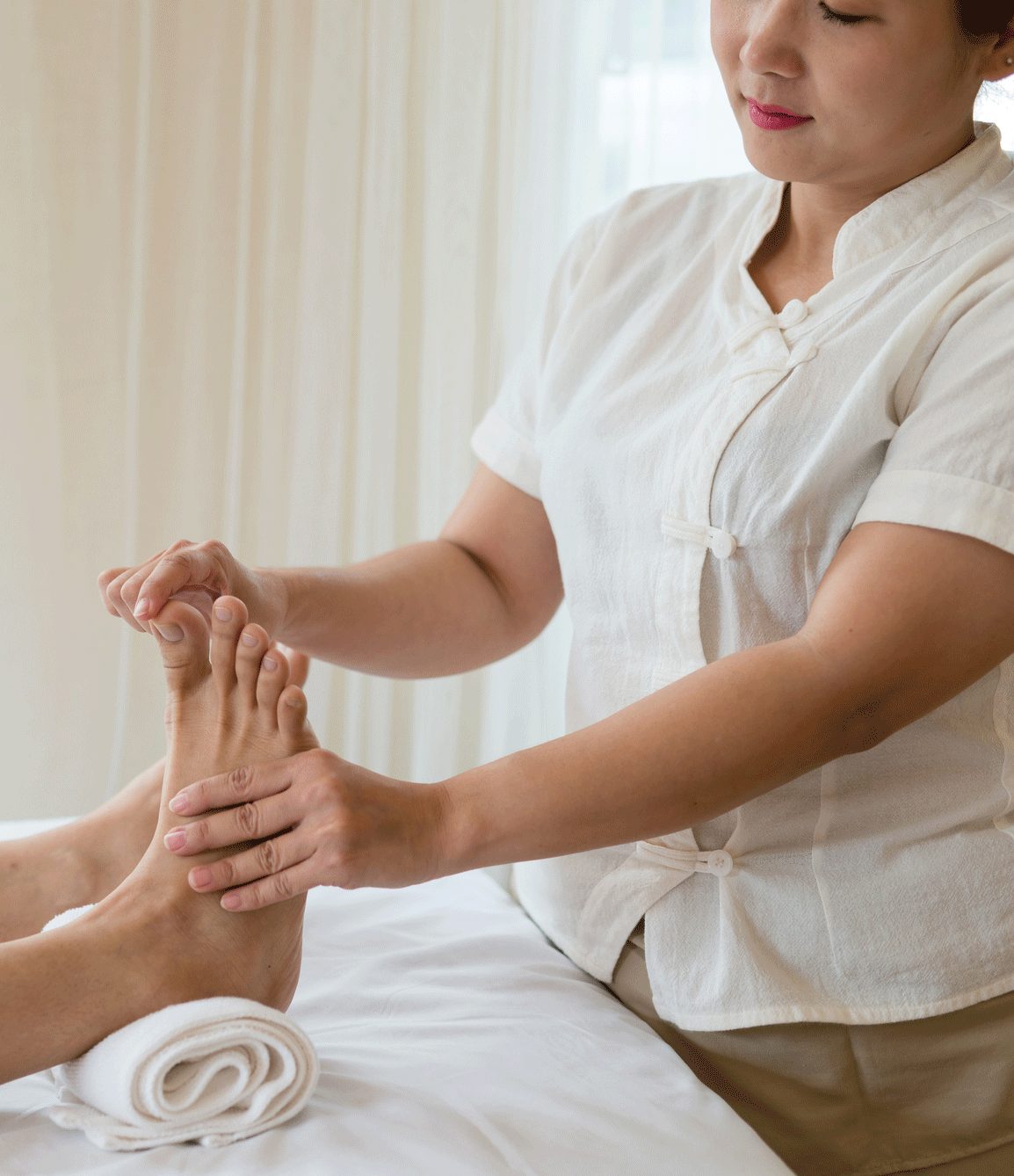Acupressure for Fatigue in Breast Cancer Survivors

Long after treatment is finished, many breast cancer survivors feel miserably tired — but stimulating pressure points boosts energy. Here's what you should know.
Many women with breast cancer feel exhausted. The stress of living with the disease can cause insomnia and fatigue, the most common side effect of treatment.
Even if you’re declared disease-free, extreme tiredness may linger, for months or years. Some 60 percent of breast cancer survivors report fatigue a year after diagnosis, and up to half after three years.
Fatigue “is a frequent and serious symptom that severely affects the quality of life of breast cancer survivors after treatment,” one team of researchers concluded in an overview of studies. The same group noted that fatigue was a bigger problem in younger women and women with obesity or diabetes. Many of the women reported pain, depression, insomnia, and cognitive dysfunction.
YOU MIGHT ALSO LIKE: Little Known Breast Cancer Facts
Evidence suggests that treatment, especially chemotherapy, alters what’s called the gut-brain axis, the communication between microbes in your gut and your nervous system. Research indicates that chemotherapy damages the barrier around your gut, allowing unwanted materials to leak out, leading to inflammation. That, in turn, creates fatigue and other related symptoms like depression.
Exercise is an important way to fight cancer-related fatigue and has been more effective than a variety of medications, supplements, and alternative therapies like yoga and massage.
Acupuncture has attracted research, still only with mice, on the idea that it can address gut-brain axis dysfunction. Evidence in humans remains inconclusive, according to researchers who wrote clinical practice guidelines for the Society for Integrative Oncology, addressing a broad range of options.
Not everyone agrees. Researchers from Soochow University in Suzhou, China, concluded that acupuncture in frequent 20 to 30 min sessions was more effective than sham acupuncture, a kind of control to measure the placebo effect.
A small experiment at the University of Michigan found that acupressure — which applies pressure to specific points rather than inserting needles or using electricity — was effective in two-thirds of the participants.
It might be worth a try, as you could do it yourself, with little training, noted lead author Suzanna Zick, ND, MPH, a naturopath who specializes in post-cancer treatment. In research, her team has found measurable brain changes, using brain scans, after six weeks of treatment with acupressure.
YOU MIGHT ALSO LIKE: Anxiety Can Kill if You Avoid Breast Cancer Screenings
Updated:
December 18, 2023
Reviewed By:
Janet O’Dell, RN